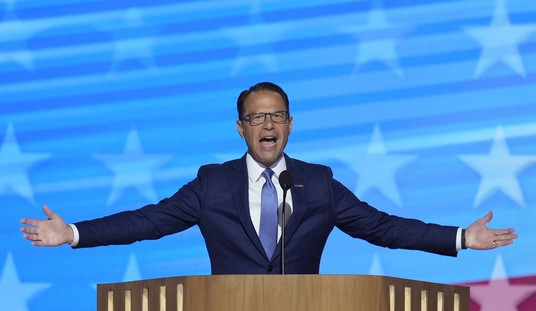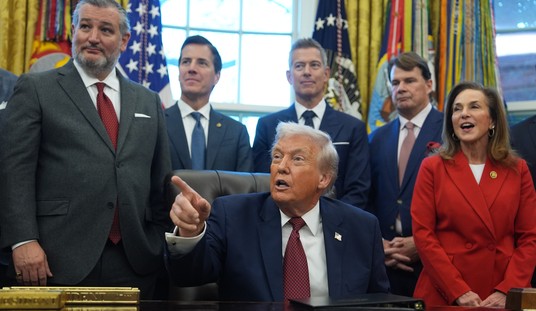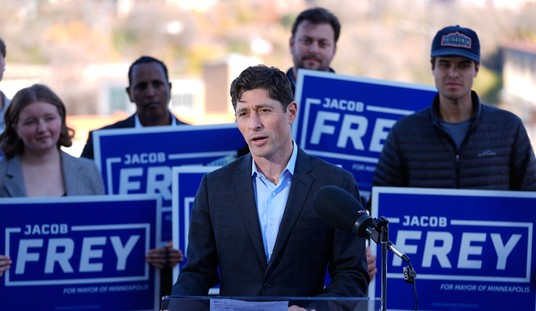Contrary to the opinions of roughly one third of likely GOP primary voters, there’s still a population of people who not only can’t wrap their heads around the idea of Donald Trump as the Republican nominee, but who are counting the days until his inevitable fall from popularity. I was watching Morning Joe today and was briefly amused when one of the guests repeated a line I’ve been hearing since at least June: Let’s not kid ourselves. Donald Trump isn’t going to be the nominee.
Scarborough said what I’ve been hearing from more and more people lately (with varying degrees of either glee or despair). Based on what evidence?
Flipping over to the WaPo, Daniel Drezner seems to be caught in the same mindset. The title of his column pretty much says it all: What will Donald Trump do when he loses?
Donald Trump is going to be a loser. How will he handle that shock?
In a recent interview with the Associated Press, Donald Trump said something interesting:
[T]he GOP front-runner displayed rare, if fleeting, moments of humility and introspection.
“I think I could lose a state, sure,” Trump said of the first three states to vote in next year’s presidential primaries. “If I came in second or third I think that would be, you know, I wouldn’t be happy, ’cause I want to win.”
In a timeless reference to people who are drowning at sea, this is what’s known as grasping at straws, but Drezner does raise a few interesting questions along his path to justifying why the GOP frontrunner can’t possibly win. One of these deals with the curious contrast between two Iowa polls this week. There were huge headlines about The Donald’s imminent demise when that Monmouth poll showed trump falling well behind Ted Cruz. Less widely celebrated was the CNN/ORC poll which came out at almost precisely the same moment which showed Trump once again leading Cruz by more than a dozen points. Drezner is totally justified in asking what gives when two sets of numbers from the same time frame are so far apart, but as with all matters of prognostication, you can write them off however you wish.
The explanation from CNN is a solid one and it comes down to a matter of sampling and respondent selection because the two polls took very different paths to arrive at a selection of “likely voters.” CNN just asked a bunch of registered voters how likely they were to head to the caucuses, while Monmouth drilled down and only called people who had shown up to vote in previous caucuses. If this were any other election season in my lifetime I would probably tilt the scales in favor of Monmouth because there are always a lot of potential voters who will engage you on the phone and say they are interested, but then find themselves otherwise busy on primary day.
This year I’m not so sure. Trump’s main claim to fame is that he’s dragging in a lot of people who were generally uninterested, disgusted, or for some reason unlikely to show up and vote. (Not only just for the caucus, but for the general election as well.) He seems to be tapping into a voting block which the rest of the standard issue candidates were not only ignoring, but essentially unaware of. Campaigns tend to accept the conventional wisdom that barely a quarter of registered voters will show up for a primary and, if you’re lucky, maybe half of them will turn out for the election. The Donald seems to be aiming to get an appreciable chunk of the rest of the country up out of their seats and heading for the ballot box. The contrast between these two polls may be the best indicator of that phenomenon to date if those numbers hold up on February 1st.
How far does it go from there? I was just taking a glance at the tentative primary calendar and the GOP delegate distribution. When you get through the first four states there still may not be many of the real contenders to Trump (those polling above 4% or so) dropping out. Then we’re up to Super Tuesday and another dozen states vote including some big ones. At a quick tally, there are 765 delegates up for grabs by the morning of March 2nd. Granted, a bunch of those will be proportionally allocated, but I’m not seeing a single state on that list of 16 where Trump isn’t out to a massive lead, with the possible exception of Iowa. In a few of them he’s so far ahead that they might as well be winner take all states anyway. Who do these media analysts think is going to overcome that big of a crushing delegate lead starting in mid-March?
I’m not calling the race a done deal yet by any means, but this whole, Trump is Going to be a Loser meme is going to need a bit more science behind it before anyone is going to be getting on board.







Join the conversation as a VIP Member